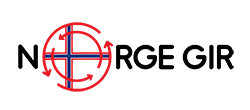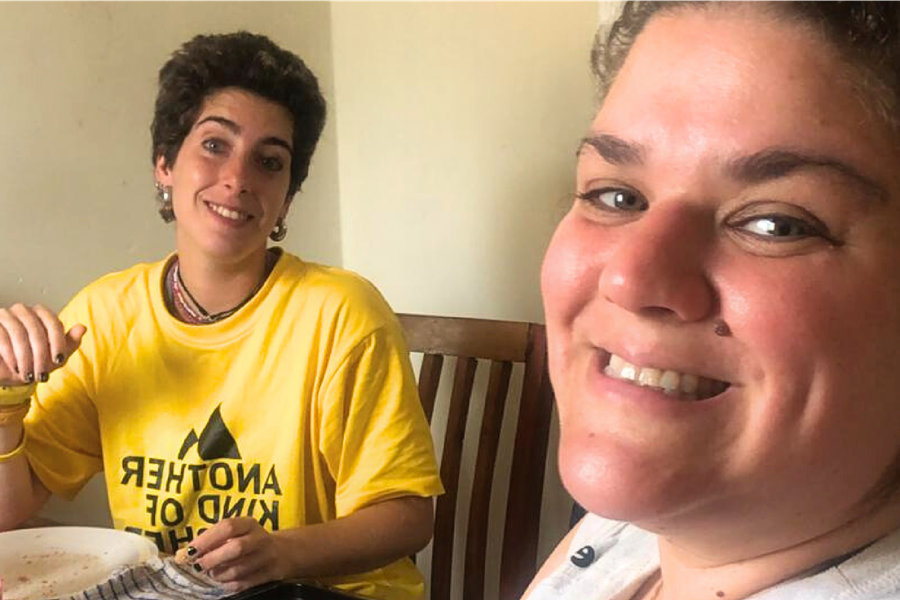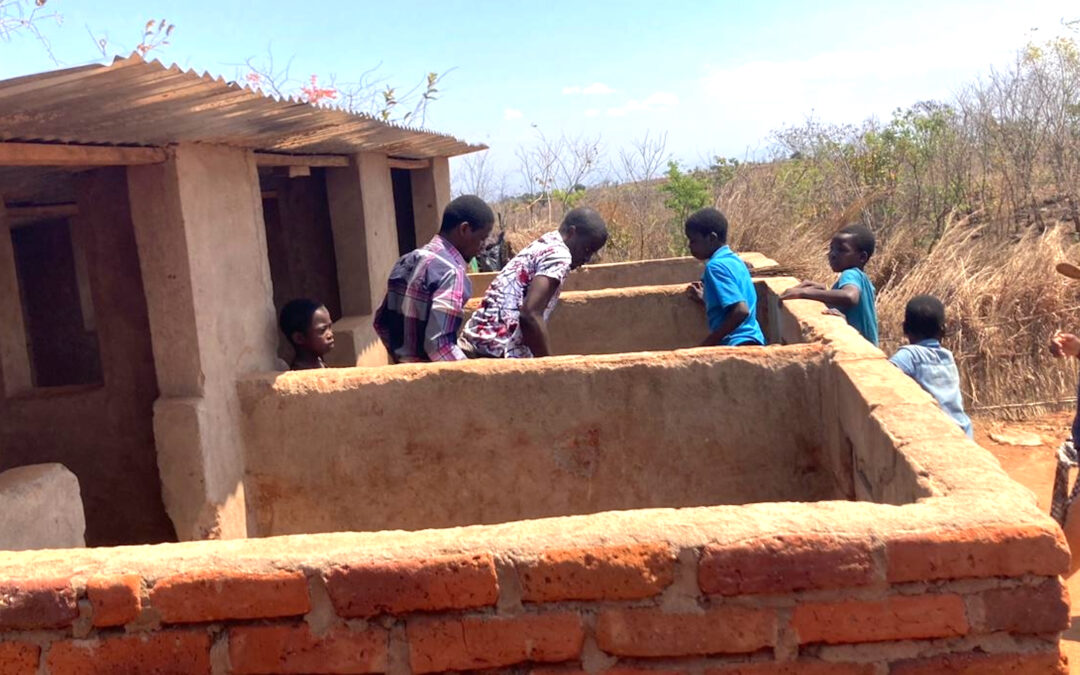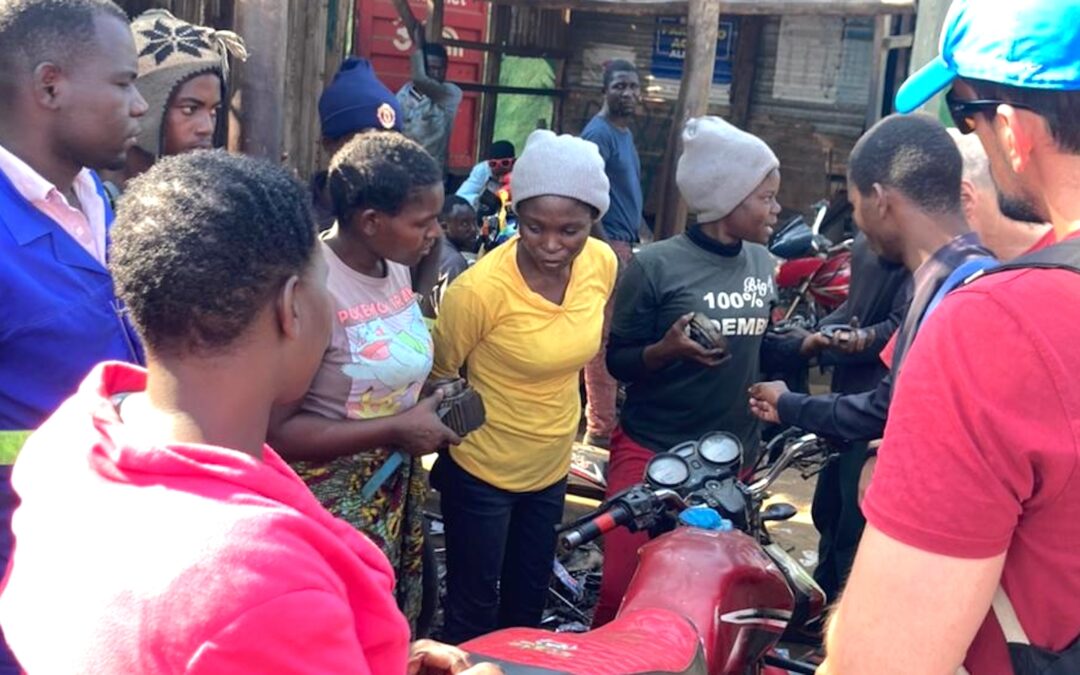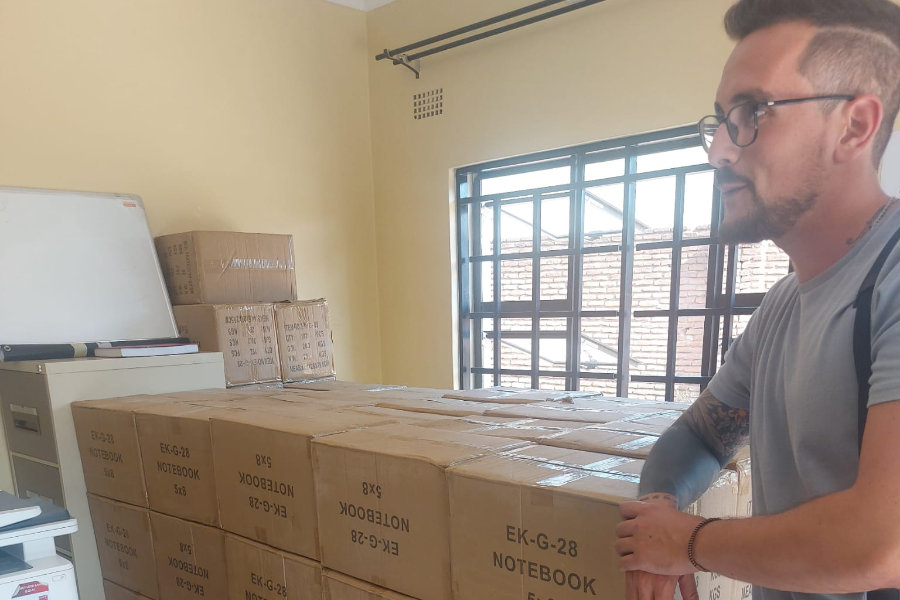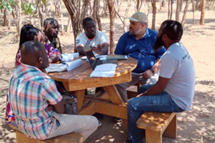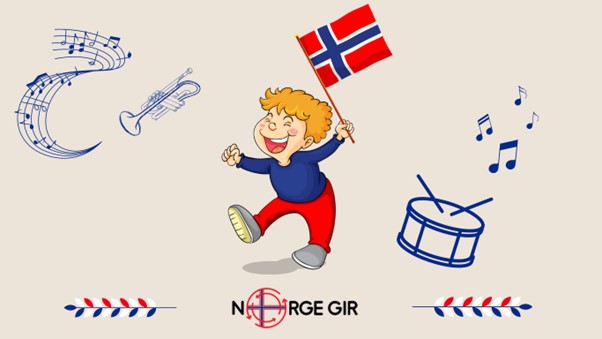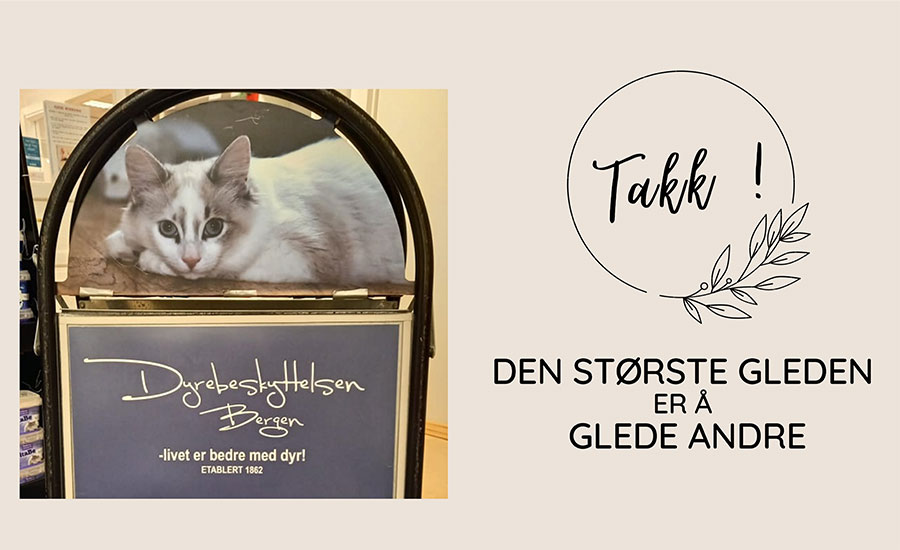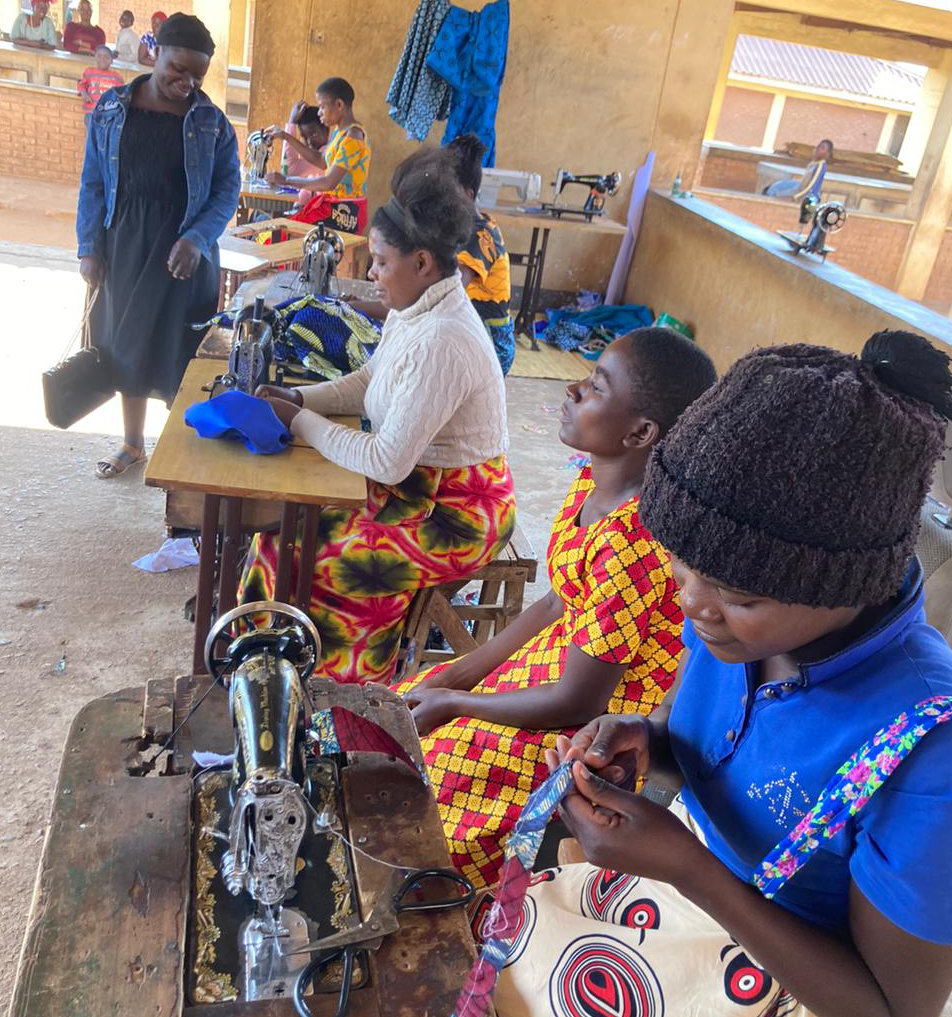
Første rapport fra Rodrigo César Soares Ferreira
Rodrigo er fra Brasil og har bestemt seg for å arbeide som frivillig i Malawi. Han har gjennomgått sin treningsperiode på vår partnerskole CICD i 6 måneder. Han kom til Malawi i begynnelsen av juli, og dette er hans første rapport.
Rodrigo er en av de frivillige som har fått støtte til sin trening fra Norge Gir.
Han arbeider som frivillig på «National Headquarter» (NHQ), som koordinerer Humanas prosjekter i Malawi.
Rodrigos Rapport:
A brief summary of what I have done at the project since arrival
In the first week, we had training at the NHQ with all the CICD Volunteers who were allocated to different projects in Malawi. It was a week in which we acquired a lot of information and got to know the structures and main leaders in different projects in the country.
In the second week, we were allocated to visit 7 primary schools and conducted interviews with the Headteachers, and teachers in the internship period and the learners, to better understand how the educational system in the Chilamgoma community worked and the main successes and challenges of each class. We produced a separate report from these visits.
In the third week, we visited the Chief Master of the Chilamgoma Community, who encouraged us and allowed us to work on our projects in the Community he leads. We participated in a quarterly planning meeting with one of the teams from the TB Low project, which works in the fight against tuberculosis.
In the fourth week, we were assigned to visit and work focused on 3 main projects: “Dreams” a project to support women to create a source of income. (especially regarding the donation of animals).
“Kuteteza” a project to perferm circumcision of men aged 15 to 49 to prevent sexually transmitted diseases and some cases of cancer)
“TB Low” a project for diagnosis and treatment of tuberculosis.
We visited a community where the “Dreams” program is being implemented, met the team involved and visited the homes of 3 women who benefited from some goats through the program.
Regarding the “Kuteteza” project, we were in Chikwawa and visited some communities and participated in some training sessions for volunteers who work to prospect these men who are interested in undergoing the surgical procedure. In this case, we visited the clinic and met the doctor, who explained to us in detail how the procedure is performed.
We are involved in routine weekly meetings at NHQ, where we update everyone on what was done and observed in the previous week and together, we plan the next steps for the next week.
We have started a project to create a video with success stories of Malawians who persisted in their studies, even in the face of all the adversities and obstacles they encountered. We are developing this idea in order to scale this project across all Humana Teacher Training Colleges in Malawi.
To be honest, every day I am shocked by a different reality and the problems are always much more serious than I could have imagined. Even though we have studied the problems of lack of water, energy, food, vegetation, climate, diseases and their forms of contagion in depth, I am enchanted by the simplicity and humility of people, how open and receptive they are and how they always react cheerfully.
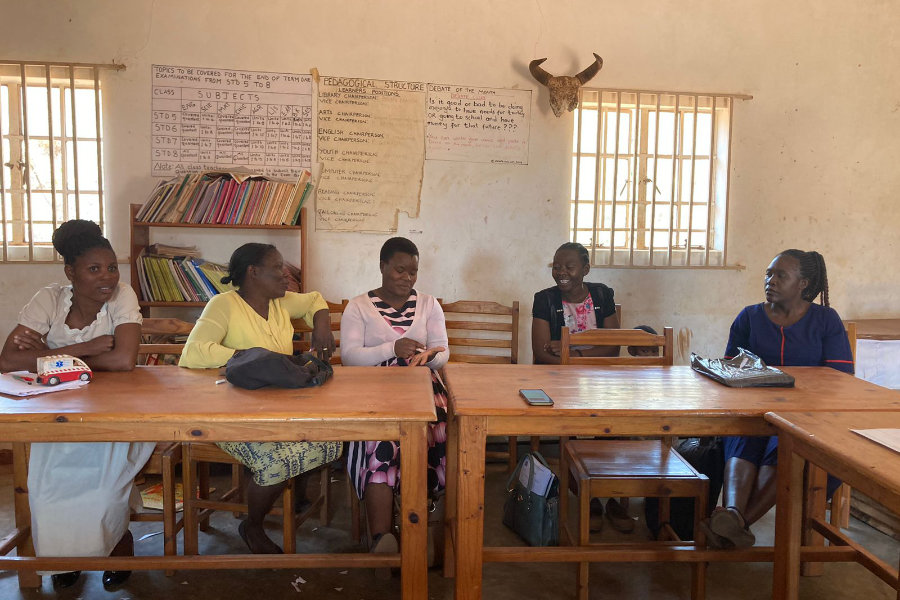
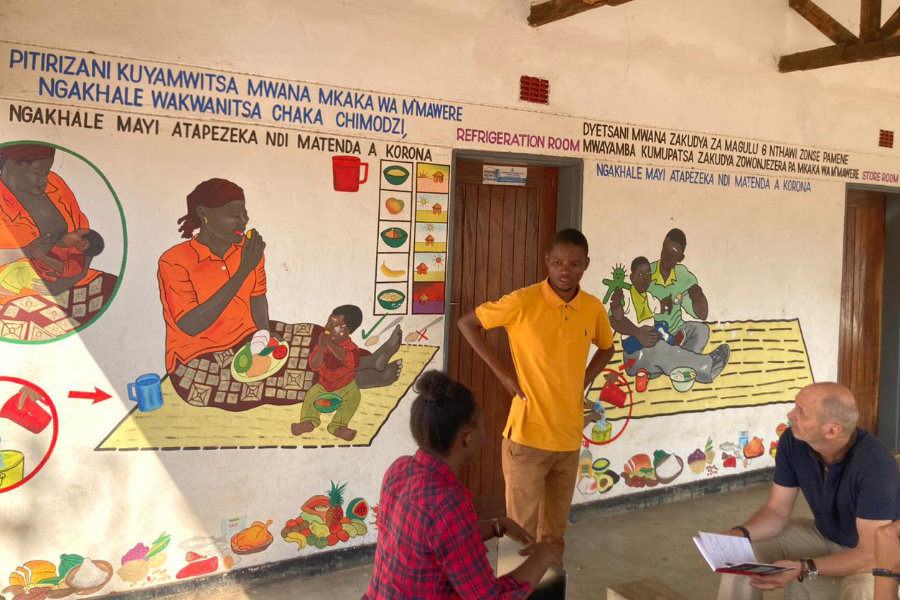
Next month our focus will be Project “Dreams”, “Project Kuteteza” and “Project TB Low”.
I will here describe he challenges we have witnessed during our first introduction month:
In Primary Schools many students are dropping out in the last two stages of their education. The main reasons being the need to contribute to the family income, teenage pregnancy, the shame of teenagers for being poor and often wearing the same clothes, no money for school materials and fees, pessimism about changes and future opportunities.
In the Kuteteza Project (Circumcision), the project is facing different challenges;
The patients need transportation back to their homes when they have had the surgical procedure. They need food on the day of the procedure, and a solution for the required week of rest that prevents the patient from working and ensuring the family’s livelihood.
In the Dreams Project, since the women we visited had received the goats less than a week ago, we need more visits to assess the progress of the project
These were the main points for improvement that we observed in the projects and shared in the meetings with the respective leaders.
I will focus on the “Dream” project during my time here, as I believe I have most to contribute in this field.
